Translation Google
DRC humanitarian crisis 'world's most neglected', says UN
Published on Thu, 25/05/2023 - 05:16 | Edited on Thu, 05/25/2023 - 05:19
The Deputy Special Representative of the Secretary General of the United Nations in the DRC and Resident Coordinator and Humanitarian Coordinator in the Democratic Republic of Congo, Bruno Lemarquis affirmed Tuesday May 23 in Geneva that the crisis in the DRC is the humanitarian crisis "the most neglected in the world ".
As more than 6.3 million people are displaced inside the Democratic Republic of Congo, the humanitarian needs in this country are increasing exponentially, warned this senior UN official, noting that it is a question of a “ very acute and very complex ” humanitarian crisis.
“ According to the Norwegian Refugee Council, this is the most neglected humanitarian crisis in the world ,” he added. In this regard, he recalls that the current situation is mainly due to conflicts, but also to epidemics and disasters. " It is aggravated by many factors, including the lack of state presence in some areas and the lack of infrastructure ."
More than 6.3 million internally displaced
These are all factors that lead to significant population movements. For example, since the beginning of 2023, more than 200,000 people have been newly displaced in Ituri province, bringing the total to more than 1.6 million displaced people.
Women make up nearly half of the displaced population in the province.
According to a situation report by the UN Office for the Coordination of Humanitarian Affairs (OCHA), more than 80% of the displacements are due to attacks and armed clashes.
At the same time, over the past 18 months, nearly 829,000 people have returned to their homes, 36% of them to Irumu territory.
A total of 6.3 million people are internally displaced, “ the highest number in Africa ”.
“ Since March 2022, the situation has really worsened, especially with the resurgence of the so-called M23 movement. Humanitarian needs, which were already very high, have increased further. They have skyrocketed with additional population displacements. In particular, the resurgence of the M23 has had direct consequences with more than a million additional displaced people, mainly in North Kivu and especially around the city of Goma”, argued Mr. Lemarquis .
A call for funds financed up to 20%
On another level, a latest OCHA report took stock of the floods caused by heavy rains in the territory of Kalehe in South Kivu. Two weeks after the heavy rains that caused flooding and mudslides in villages in Kalehe territory (Bushushu and Nyamukubi health areas), the active search for bodies under the rubble continues.
As of May 17, at least 428 people have been killed (402 found dead under the rubble and 26 others have succumbed to their injuries in health facilities). The disaster affected thousands of people, many of whom remain missing.
According to OCHA, about 3,000 houses were affected, including about 1,200 completely destroyed. In the aftermath of the disaster, survivors found refuge in hospitals, schools, churches and other public spaces. Some were taken in by host families while others would have settled in spontaneous sites.
A new deal that risks aggravating an already worrying humanitarian situation. “ This year, there are particularly virulent measles outbreaks with high numbers. And also disasters - two weeks ago there were deadly floods which led to landslides. It is one of the most catastrophic events, one of the most significant natural disasters that the DRC has ever known. So far, more than 400 people have been killed in South Kivu, but 6,000 people are still missing ,” Lemarquis concluded.
In terms of funding, this year's needs amount to 2.25 billion dollars, but so far only 20% of this amount has been collected.
With UN Info.
DRC humanitarian crisis 'world's most neglected', says UN
Published on Thu, 25/05/2023 - 05:16 | Edited on Thu, 05/25/2023 - 05:19
The Deputy Special Representative of the Secretary General of the United Nations in the DRC and Resident Coordinator and Humanitarian Coordinator in the Democratic Republic of Congo, Bruno Lemarquis affirmed Tuesday May 23 in Geneva that the crisis in the DRC is the humanitarian crisis "the most neglected in the world ".
As more than 6.3 million people are displaced inside the Democratic Republic of Congo, the humanitarian needs in this country are increasing exponentially, warned this senior UN official, noting that it is a question of a “ very acute and very complex ” humanitarian crisis.
“ According to the Norwegian Refugee Council, this is the most neglected humanitarian crisis in the world ,” he added. In this regard, he recalls that the current situation is mainly due to conflicts, but also to epidemics and disasters. " It is aggravated by many factors, including the lack of state presence in some areas and the lack of infrastructure ."
More than 6.3 million internally displaced
These are all factors that lead to significant population movements. For example, since the beginning of 2023, more than 200,000 people have been newly displaced in Ituri province, bringing the total to more than 1.6 million displaced people.
Women make up nearly half of the displaced population in the province.
According to a situation report by the UN Office for the Coordination of Humanitarian Affairs (OCHA), more than 80% of the displacements are due to attacks and armed clashes.
At the same time, over the past 18 months, nearly 829,000 people have returned to their homes, 36% of them to Irumu territory.
A total of 6.3 million people are internally displaced, “ the highest number in Africa ”.
“ Since March 2022, the situation has really worsened, especially with the resurgence of the so-called M23 movement. Humanitarian needs, which were already very high, have increased further. They have skyrocketed with additional population displacements. In particular, the resurgence of the M23 has had direct consequences with more than a million additional displaced people, mainly in North Kivu and especially around the city of Goma”, argued Mr. Lemarquis .
A call for funds financed up to 20%
On another level, a latest OCHA report took stock of the floods caused by heavy rains in the territory of Kalehe in South Kivu. Two weeks after the heavy rains that caused flooding and mudslides in villages in Kalehe territory (Bushushu and Nyamukubi health areas), the active search for bodies under the rubble continues.
As of May 17, at least 428 people have been killed (402 found dead under the rubble and 26 others have succumbed to their injuries in health facilities). The disaster affected thousands of people, many of whom remain missing.
According to OCHA, about 3,000 houses were affected, including about 1,200 completely destroyed. In the aftermath of the disaster, survivors found refuge in hospitals, schools, churches and other public spaces. Some were taken in by host families while others would have settled in spontaneous sites.
A new deal that risks aggravating an already worrying humanitarian situation. “ This year, there are particularly virulent measles outbreaks with high numbers. And also disasters - two weeks ago there were deadly floods which led to landslides. It is one of the most catastrophic events, one of the most significant natural disasters that the DRC has ever known. So far, more than 400 people have been killed in South Kivu, but 6,000 people are still missing ,” Lemarquis concluded.
In terms of funding, this year's needs amount to 2.25 billion dollars, but so far only 20% of this amount has been collected.
With UN Info.
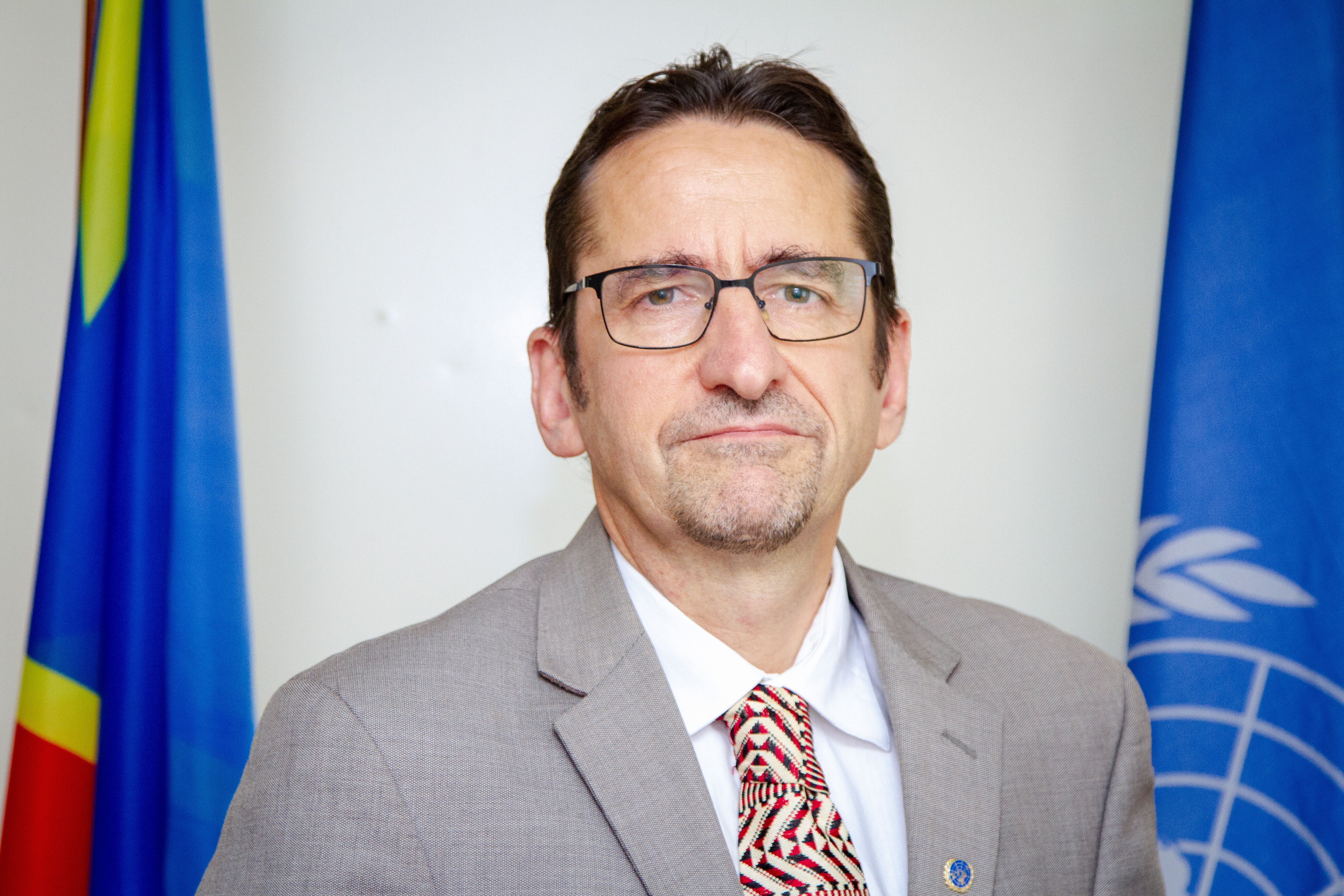
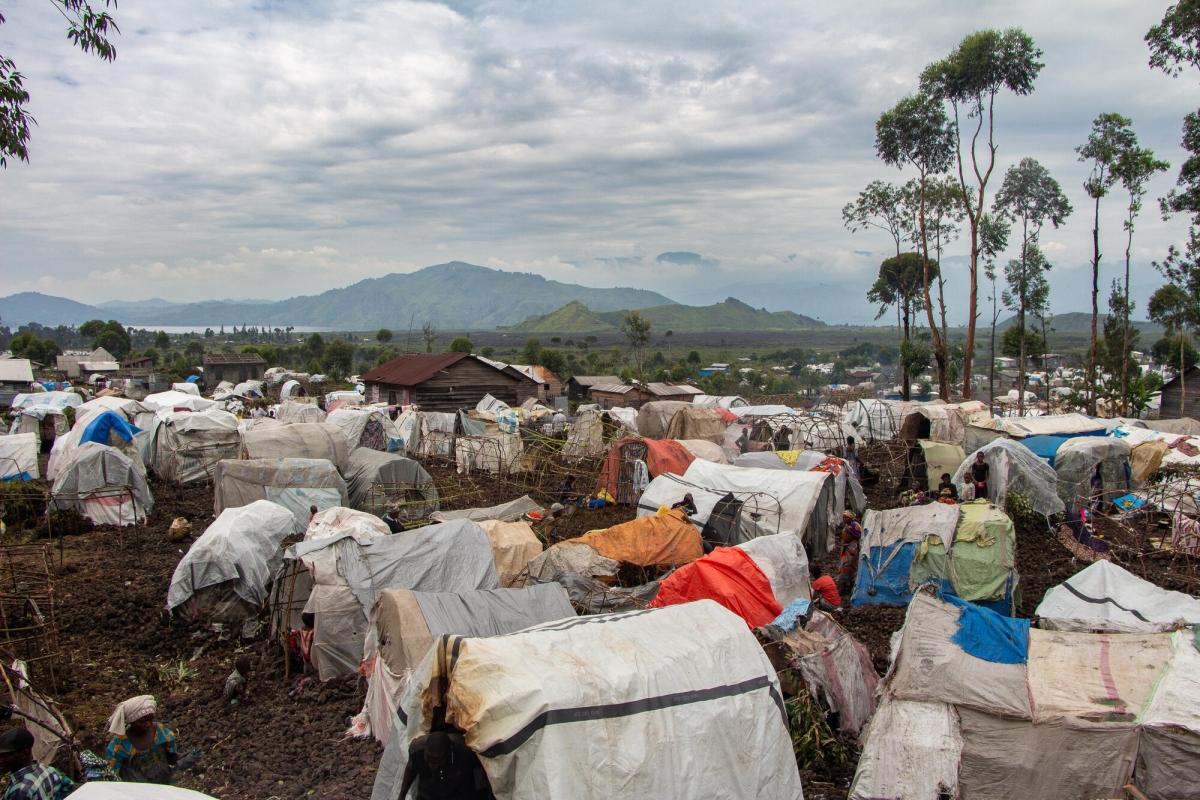
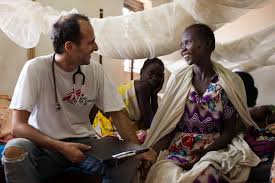



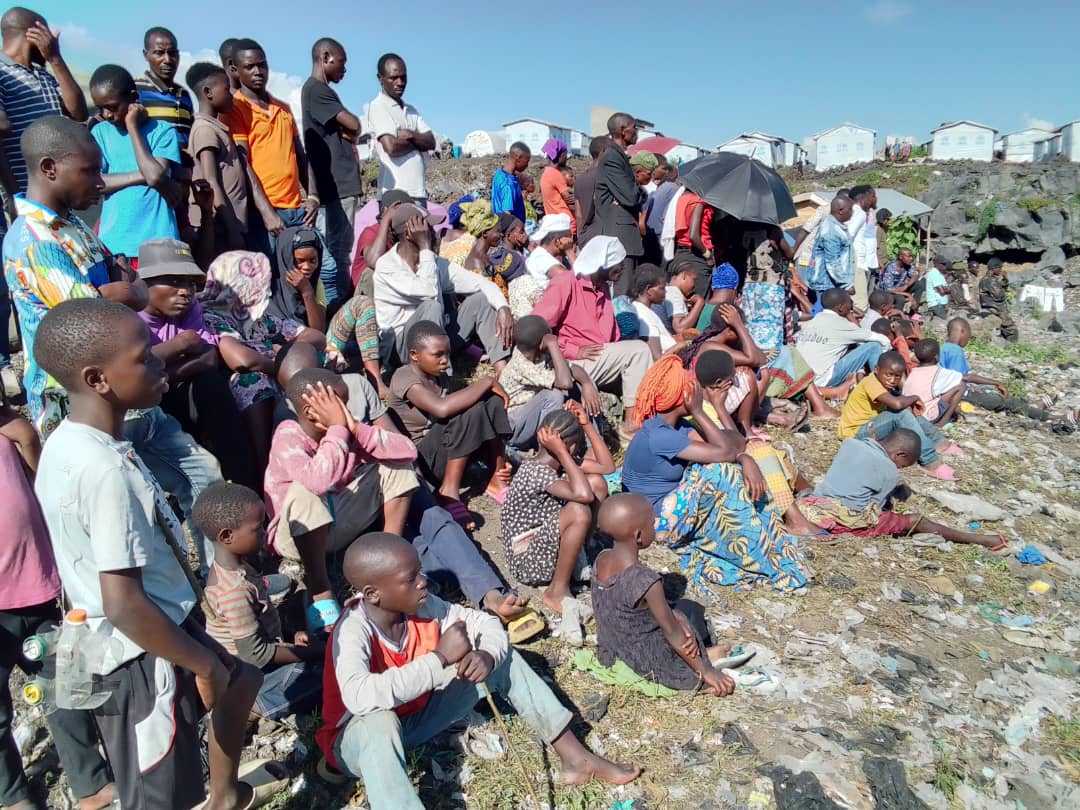
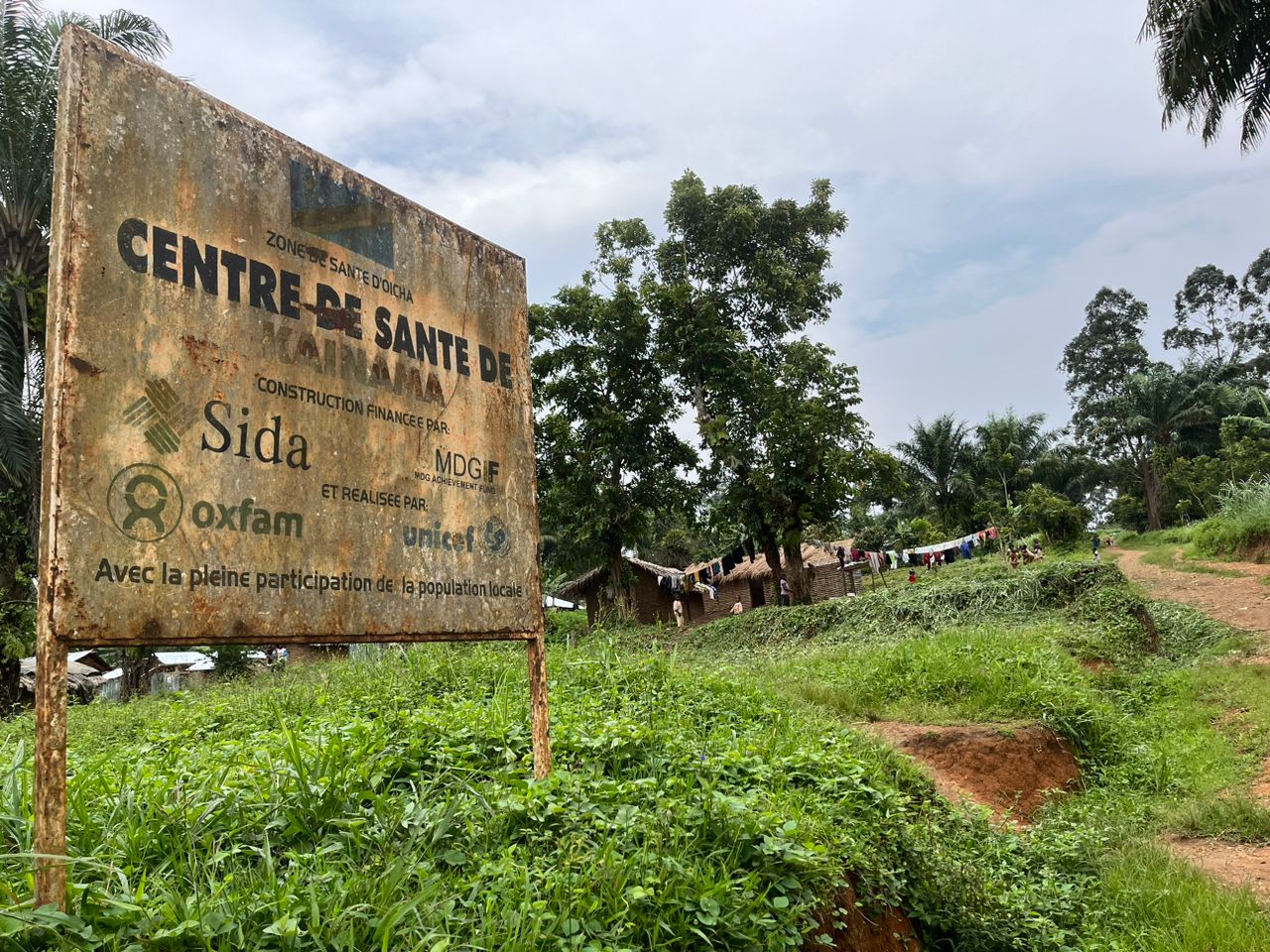
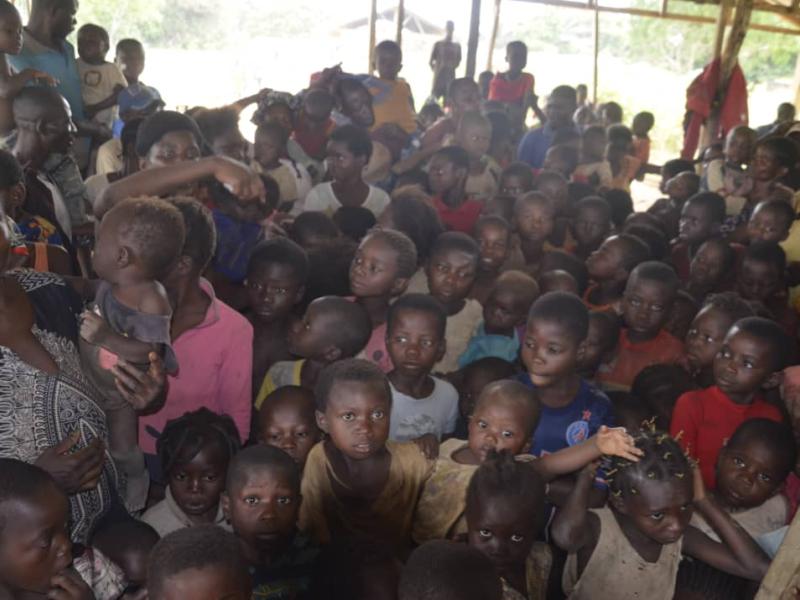
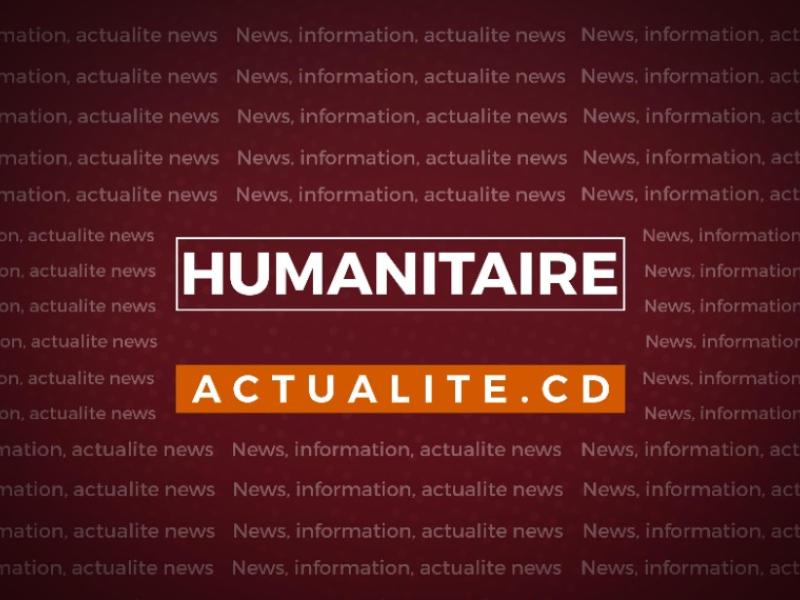

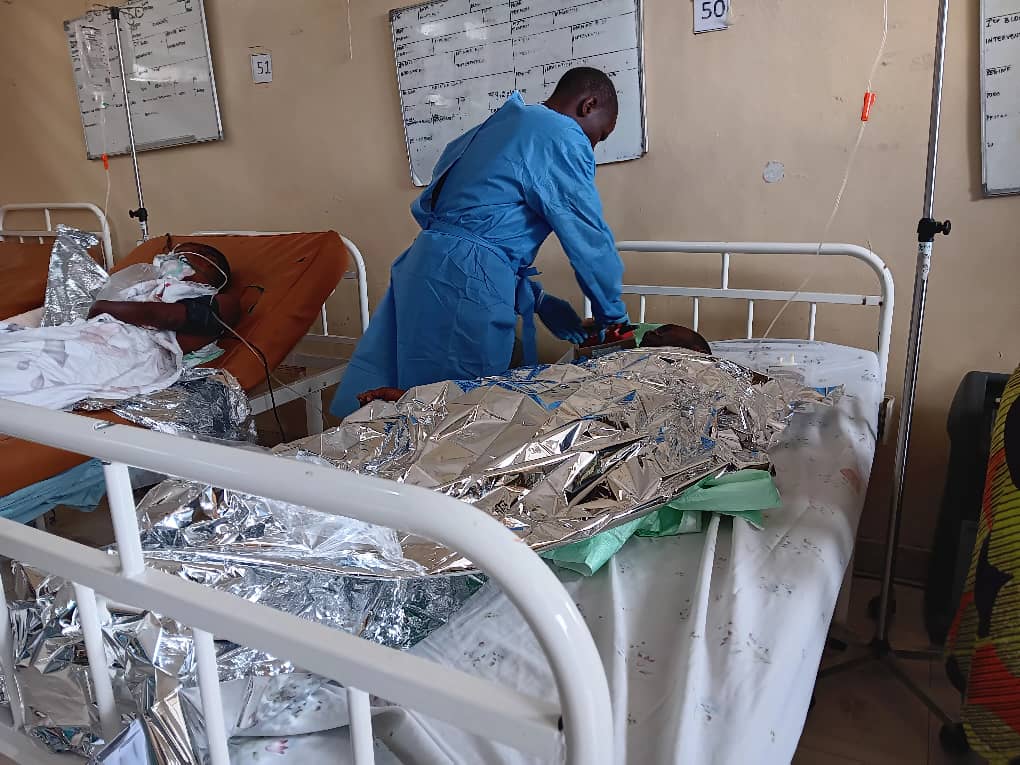
Comment